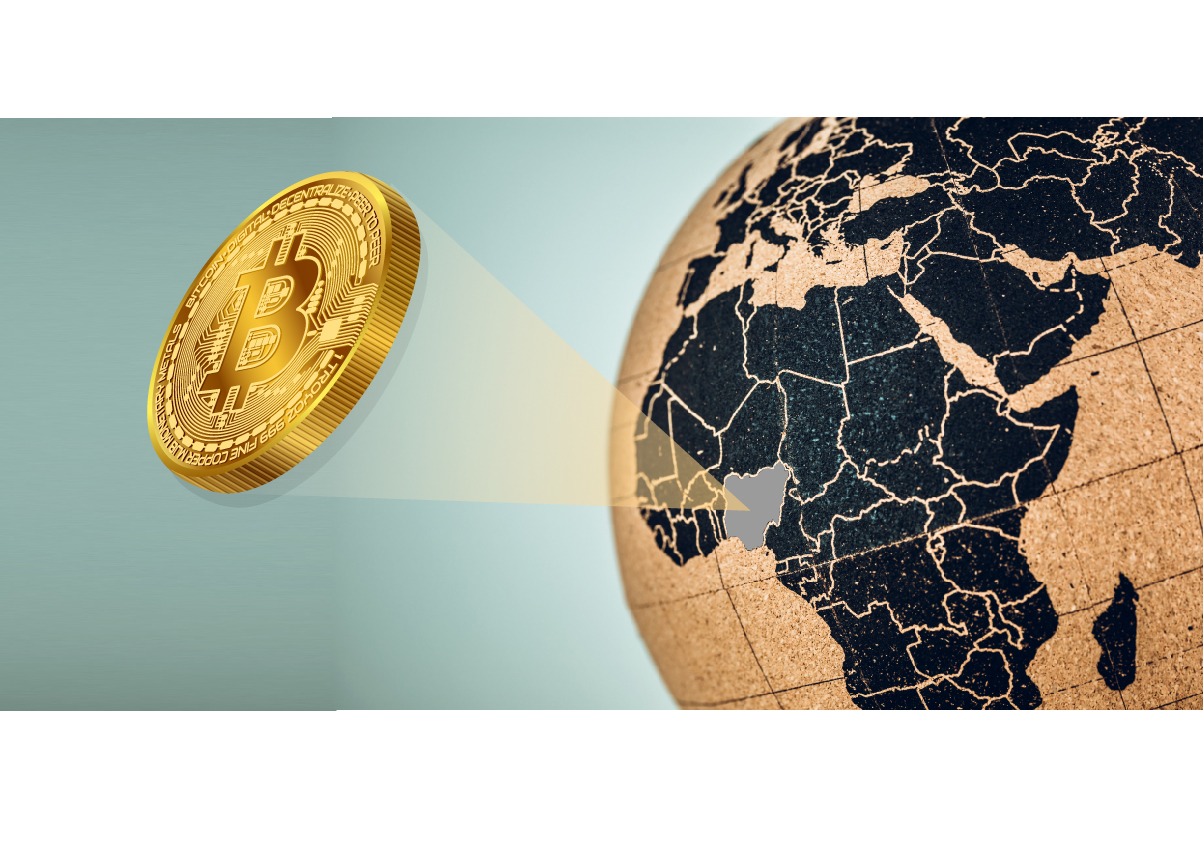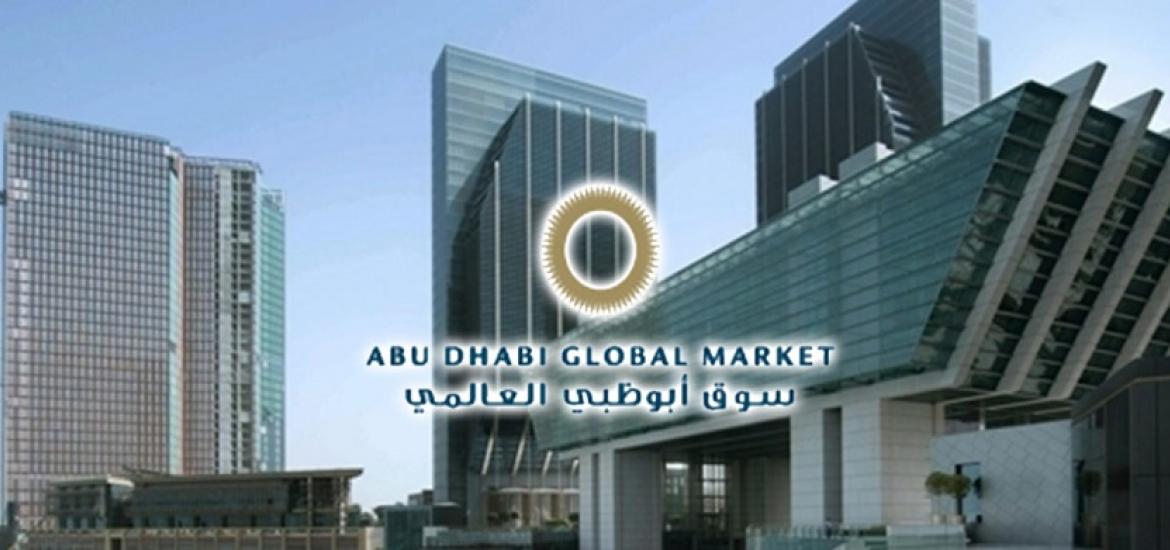South Africa recently zero-rated websites with educational and health related content to facilitate access in the midst of the COVID-19 pandemic. In this post, we analyse the zero-rating directions and evaluate the state of net neutrality regulation in the country.
Introduction
In precipitating an unprecedented shift from offline to digital platforms, the COVID-19 pandemic has provided much-needed impetus to the question of net neutrality regulation in South Africa. As the country with one of the highest internet penetration figures and fastest growing digital economies in Africa, the question of net neutrality assumes particular importance in South Africa. Moreover, there have been attempts in the past at subverting the principle through zero rated access sought to be provided by internet intermediaries. More recently, in light of education moving entirely online due to social distancing requirements brought on by the COVID-19 pandemic, the South African government approved an initial list of websites with educational and health purposes to be zero-rated.[1] The Electronic Communications, Postal and Broadcasting Directions dated 26 March, 2020 requires internet service providers (“ISPs”) to provide zero-rated access to certain educational content websites and health websites identified by the Department of Health.[2] The 26 March Directions were later amended twice to (a) add to the list of district virtual classroom platforms that would have the benefit of zero-rating and (b) also require zero-rating of all calls made to the national COVID-19 health helpline number.[3] The Internet Service Providers Association of South Africa (“ISPA”), which had earlier petitioned the government to not enact net neutrality regulations,[4] maintains an updated list of sites that are zero-rated.[5] The ICT COVID-19 National Disaster Regulations, 2020 leaves the door open for more websites to be zero rated, as notified by the government.[6] However, this leeway to allow for zero-rating is taking place without an overarching net neutrality regulatory framework.
Net neutrality in South Africa
The Department of Telecommunications and Postal Services (“DTPS”) published a white paper in 2016 (“ICT White Paper”) that recommended robust net neutrality regulation.[7] The ICT White Paper defined net neutrality as “the principle that Internet service providers and governments should treat all data on the internet equally, not discriminating or charging differentially by user, content, site, platform, application, type of attached equipment, or mode of communication”.[8] It laid down the objectives of any such net neutrality framework, as below:[9]
- Promote the internet as a platform for free speech and access to information
- Protect rights of internet users insofar as access to legal content is concerned;
- Affirm right of the state to protect digital rights;
- Prohibit blocking, throttling or unfair treatment of lawful internet content by internet intermediaries;
- Prohibit prioritisation of of some internet traffic over others in exchange of anything of value such as including monetary payments. This would include prioritisation of content hosted by affiliates of internet intermediaries;
- Allow reasonable internet traffic management practices in a transparent manner with the purpose of enhancing quality of service for users.
The ICT White Paper also set out certain interventions in this regard. In the interest of promoting net neutrality, it required the Independent Communications Authority of South Africa (“ICASA”)to hold an inquiry to evaluate unfair discriminatory practices, and horizontal and vertical integration in the digital value chain. The regulator was then required to provide input to the Government on the need and substance of regulations required to protect net neutrality.
Specifically in relation to zero rating rules, the government has a clear interest in driving greater levels of internet penetration and uptake of the digital economy. As of 2017, the World Bank estimates that 56% of South Africa’s population has access to the internet.[10] The country’s 2018 General Household Survey found that at least one member of 65% of South African households enjoyed access to the internet. Further, the majority accessed the internet through mobile devices.[11] Reports also found that high cost was a significant barrier to access, as households were spending a greater proportion of income on data services vis-à-vis voice and SMS services.[12] Therefore, the government recognizes that for the economy to grow, it is key that internet access reaches a wider cross-section of the population. Particularly at the time of COVID-19, zero-rated access to the internet for the education and health sectors has been considered key to ensuring widespread and equitable access especially when there are few alternatives to improve internet penetration. In this regard, the ICT White Paper specifically asks the regulator to assess the viability and benefits of zero rating of “key public sector/public interest sites, services and applications”.[13] An assessment of the impact of introducing exclusions to the bar on zero rating, especially on internet and technology usage was sought.[14] It is critical to evaluate whether and to what extent zero-rating contravenes net neutrality. For instance, the Body of European Regulators for Electronic Communications has stated the zero-rating offers involving blocking of sites undermines article 3.3 of the European Union Regulation 2015/2120. Therefore, recommendations have been evolved to analyse zero-rating keeping various factors in mind such as market positions of providers and impact on end-user’s choice.[15] However, the implications of the directions on zero-rated access for net neutrality in South Africa are difficult to discern because there is no regulatory framework for net neutrality in the country.
Zero-rating at the time of COVID-19 in South Africa has some modicum of balance. Not all websites are zero-rated, only those that have educational and health-related content. Moreover, there is an application process laid down in the directions.[16] Applications are required to be submitted to the relevant government departments for the education and health sectors. The government departments process applications and require confirmations from the service providers that only locally hosted educational or health related content will be zero-rated.
Need for regulation
The debate surrounding net neutrality regulations stems from concerns arising out of dominant internet service providers that have disproportionate control over digital content and consumer choice. Some argue that, unlike the United States, countries like South Africa which have a competitive market for internet access and adequate choice for consumers do not need net neutrality regulation since the chances of anti-competitive conduct are mitigated by the market itself.[17] However, it must also be noted that the Competition Commission of South Africa has found that data prices of the country’s two major operators are excessive and that there is a duopoly that has suppressed competition in the mobile market.[18] Nevertheless, developing countries may also stand to benefit from bundling and zero-rating, which can enhance internet access to consumers and spur growth in complementary markets.[19] A European Commission report found that zero-rating has a positive effect on traffic volume but that those effects grow weaker with rising income levels.[20] The ICT White Paper partially accounts for this, in entertaining the notion of zero-rating in the public interest.
However, the absence of any regulation of policy leaves the matter completely open-ended. Market stakeholders would find it difficult to prepare infrastructure if the possibility of an expanded set of zero-rated internet services constantly looms overhead. For instance, the recent zero-rating of educational websites has brought considerable uncertainty to ISPs in South Africa about the kind of content covered, scope of coverage of zero-rated access and has placed considerable pressure on bandwidth.[21] The Government may turn to the examples of several developing countries such as Brazil and Chile, which regulate net neutrality and zero rating and also allow ISPs to provide zero-rated services that are deemed to be in the public interest. There is no single regulatory approach here since the risks depend on the level of competition and market power of players. A Chatham House report notes that in South Africa over a million customers of mobile network operators Cell C used a zero-rated Whatsapp offer over a seven day period. This was then monetised by Cell C as a service-specific top-up – showing that zero-rating can also be a pro-competitive business strategy for non-dominant players to gain market foothold.[22]
However, the purpose of regulation would be to step in when dominant players offer zero-rated services or where zero-rating runs the risk of having an anti-competitive effect on the market. In such cases, regulators can have the choice of a simple ban on zero-rating by such operators or ex ante regulations that require advertising minimum speeds and a prohibition on traffic management against particular kinds of content. It is clear that regulators have a wide set of actions to choose from, but in order for such actions to be clear and predictable South Africa must consider acting on the recommendations of the ICT White Paper and implementing net neutrality regulation.
This post is authored by Varun Baliga, a consultant working with Ikigai Law, with inputs from Nehaa Chaudhari, Director (Public Policy-Digital), Ikigai Law.
For more on the topic, please reach us out at contact@ikigailaw.com
[1] Electronic News Digest, Data Week, 29, May, 2020, available at https://www.dataweek.co.za/10548r; List of websites the government have said must be zero-rated on all mobile networks in South Africa for the duration of the lockdown period, available at https://datafree.co/zero-rated-websites.
[2] Electronic Communications, Postal and Broadcasting Directions Issued Under Regulation 10(8) of the Disaster Management Act, 2002, 26 March 2020, available at. https://www.gov.za/sites/default/files/gcis_document/202003/43164gon-417.pdf.
[3] Amendment of Electronic Communications, Postal and Broadcasting Directions Issued Under Regulation 10(8) of the Disaster Management Act, 2002, 6 April, 2020, available at https://legalbrief.co.za/media/filestore/2020/04/43209_06-04_TeleComDigitalTechnology.pdf; Amendment of Electronic Communications, Postal and Broadcasting Directions Issued Under Regulation 10(8) of the Disaster Management Act, 2002, 8 May, 2020, available at http://www.gpwonline.co.za/Gazettes/Gazettes/43299_8-5_ComDigitalTechnology.pdf.
[4] “Net Neutrality” A Non-issue in South Africa for the Present, Says ISPA, Internet Service Providers Association, available at https://ispa.org.za/press_releases/net-neutrality-a-non-issue-in-south-africa-for-the-present-says-ispa/.
[5] Jamie McKane, Here is the full list of zero-rated websites in South Africa, MyBroadband, 17 June, 2020, available at https://mybroadband.co.za/news/internet/356371-here-is-the-full-list-of-zero-rated-websites-in-south-africa.html; For an updated list of websites that are zero-rated, please see
https://docs.google.com/spreadsheets/d/1d3HciexwZQndqHULEILwk_g4F1RRwUMlQjVVPc80BsI/edit#gid=0.
[6] The ICT COVID-19 National Disaster Regulations, 6 April, 2020, Regulation 6(15), available at https://openbylaws.org.za/za/act/genn/2020/238/eng/.
[7] National Integrated ICT Policy White Paper, Department of Telecommunications and Postal Services, p. 50, available at https://www.dtps.gov.za/images/phocagallery/Popular_Topic_Pictures/National_Integrated_ICT_Policy_White.pdf,.
[8] Ibid, p. 172.
[9] Ibid, p. 51
[10] Individuals using the Internet (% of population) – Sub-Saharan Africa, The World Bank, available at https://data.worldbank.org/indicator/IT.NET.USER.ZS?locations=ZG.
[11] South Africa | Freedom House, Freedom on the Net Report, p. 2, available at https://www.justice.gov/eoir/page/file/1234696/download.
[12] Ibid, p. 3.
[13] Supra note 7, p. 120.
[14] Ibid.
[15] Zero rating vs net neutrality – a (still) uncertain future in the EU and Serbia, Lexology, 28 June, 2017, available at https://www.lexology.com/library/detail.aspx?g=8df9a669-06cc-4296-b9fc-04a5eb06af46.
[16] Directions on Zero-rating of Content and Websites for Education and Health, Government Notice 651 of 2020, 5 June, 2020, available at https://openbylaws.org.za/za/act/gn/2020/651/eng/.
[17] Robb Genna; Hawthorne, Ryan, Net neutrality and market power: the case of South Africa, 29th European Regional Conference of the International Telecommunications Society: Towards a Digital Future: Turning Technology into Markets?, 1-4 August, 2018, p. 13 available at https://www.econstor.eu/bitstream/10419/184964/1/Robb-Hawthorne.pdf.
[18] Data Services Market Enquiry: Final Report, Competition Commission of South Africa, 2 December, 2019, available at http://www.compcom.co.za/wp-content/uploads/2019/12/DSMI-Non-Confidential-Report-002.pdf; Jac Marais, Nalo Gungubele and Njabulo Mazibuko, Competition Commission Releases Final Report on Data Services Market Inquiry, Mondaq, 5 December, 2019, available at https://www.mondaq.com/southafrica/antitrust-eu-competition-/871674/competition-commission-releases-final-report-on-data-services-market-inquiry.
[19] Ibid.
[20] Zero-rating practices in broadband markets, European Commission, February, 2017, p. 164, available at https://ec.europa.eu/competition/publications/reports/kd0217687enn.pdf.
[21] Sharon Dell, Zero-rating online learning – Not as simple as it sounds, University World News, 9 April, 2020, available at https://www.universityworldnews.com/post.php?story=20200408201225155.
[22] Helani Galpaya, Zero-rating in Emerging Economies, Global Commission on Internet Governance, February, 2017, p. 12, available at https://www.cigionline.org/sites/default/files/documents/GCIG%20no.47_1.pdf.



